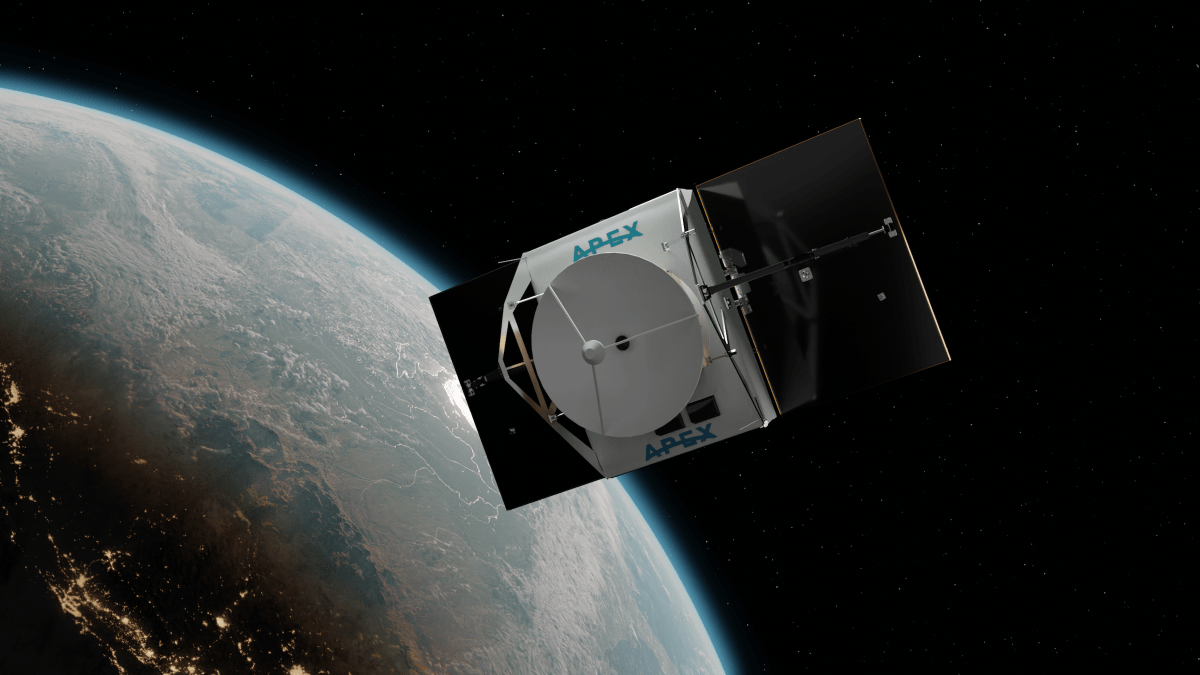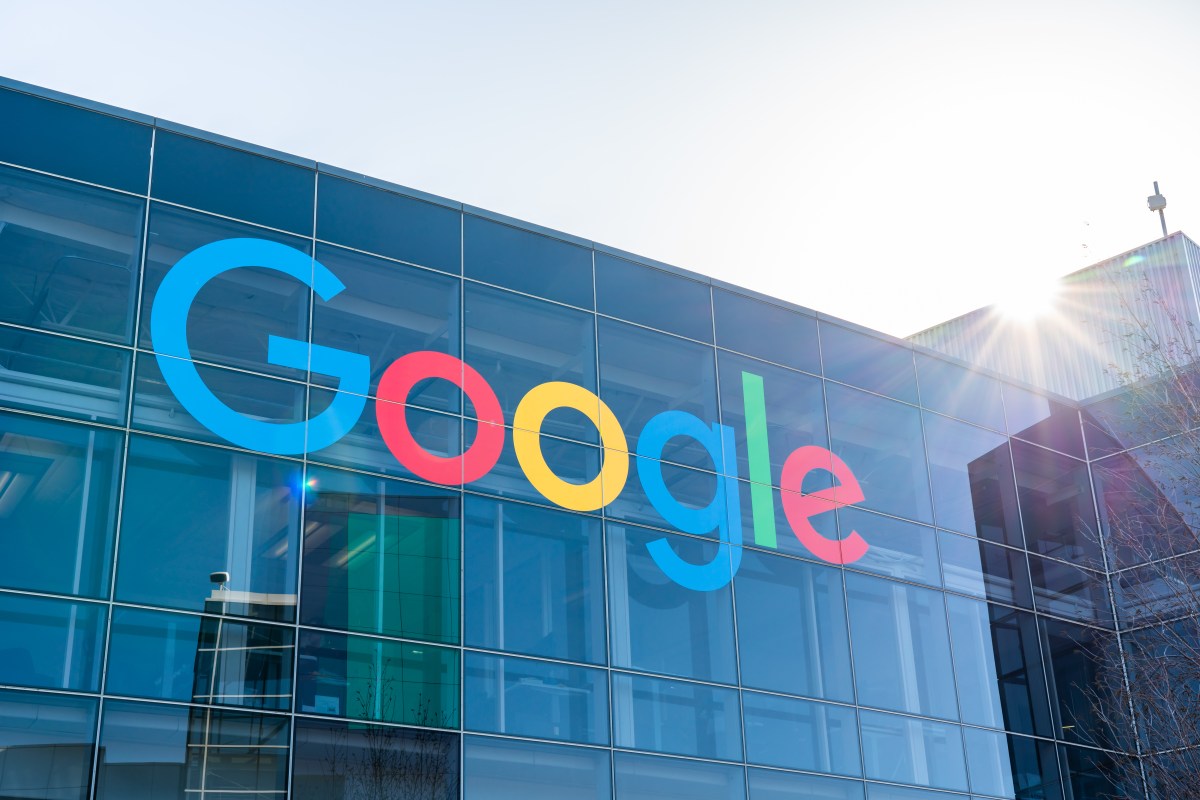Andreessen Horowitz, Shield Capital back satellite bus manufacturing startup Apex Space
Satellite bus manufacturing startup Apex Space has closed a $16 million Series A round co-led by Andreessen Horowitz and new investor Shield Capital as it prepares for its first demonstration mission early next year.
In addition to the new capital, Apex also revealed some of the customers that will be flying payload on that inaugural mission: Orbit Fab, a startup that’s developing technology to refuel spacecraft in orbit; Irish satellite firm Ubotica; and a tier 1 defense prime that Apex CEO Ian Cinnamon told TechCrunch was a “household name.”
Apex, founded by Cinnamon and Max Benassi scarcely nine months ago, seeks to transform the way satellite buses — the part of the spacecraft that hosts the payload — are built and sold. For the most part, buses are built to order at a high cost, with years-long lead times. Instead, Apex has optimized the design of its first bus, a 100-kilogram spacecraft called Aries, for manufacturing. That means a standardized product that can be configured according to mission needs, and lead times on the order of months, rather than years.
The Los Angeles–based startup has already started building the Aries that will fly on SpaceX’s Transporter-10 ride-share mission in the first quarter of next year. While this first mission features three separate customer payloads that will be hosted at the same time, this will not be the typical mission profile for future Aries flights. In the future, the buses will be delivered to a specific customer, Cinnamon said, who can choose which payloads are on the mission and when it launches. Aries is designed to support up to 100 kilograms of payload mass.
Cinnamon said the aim is to manufacture five more Aries in 2024 and scale from there. He added that the company has already started selling the production slots for those next Aries flights, with revenues hitting seven figures.
To support that manufacturing cadence, Apex will use some of the funds from this Series A to open a 50,000-square-foot production facility in L.A., a space that the company is calling Factory One.
The inclusion of Shield Capital, a firm that’s known for investing in startups at the intersection of commercial and national security, is a strong signal that Apex is looking to bolster its partnerships with U.S. government and defense partners.
“We’re a dual-use company,” Cinnamon explained. “From the very beginning, we narrowed the list of investors who are really focused on helping us sell to the U.S. government.”
Apex has now raised a total of $27 million, including a $7.5 million seed round last year. Andreessen Horowitz partner Katherine Boyle said in a blog post on the new funding that Apex is proving it can move quickly.
“We led the seed round in Apex last summer with the belief that both commercial companies and the defense industrial base need space manufacturers that could address component bottlenecks and move faster than once thought possible,” she said. “After witnessing the pace and demand for their product, we’re proud to now co-lead Apex’s Series A less than a year later.”




